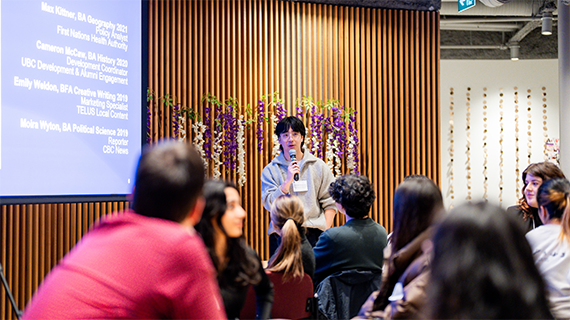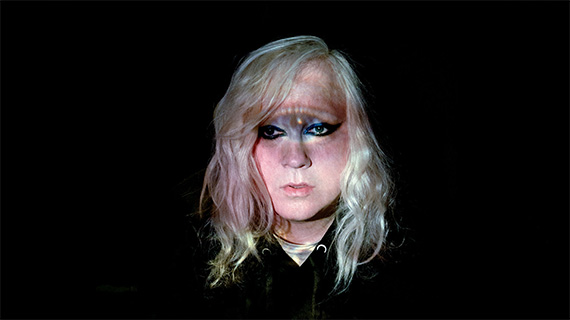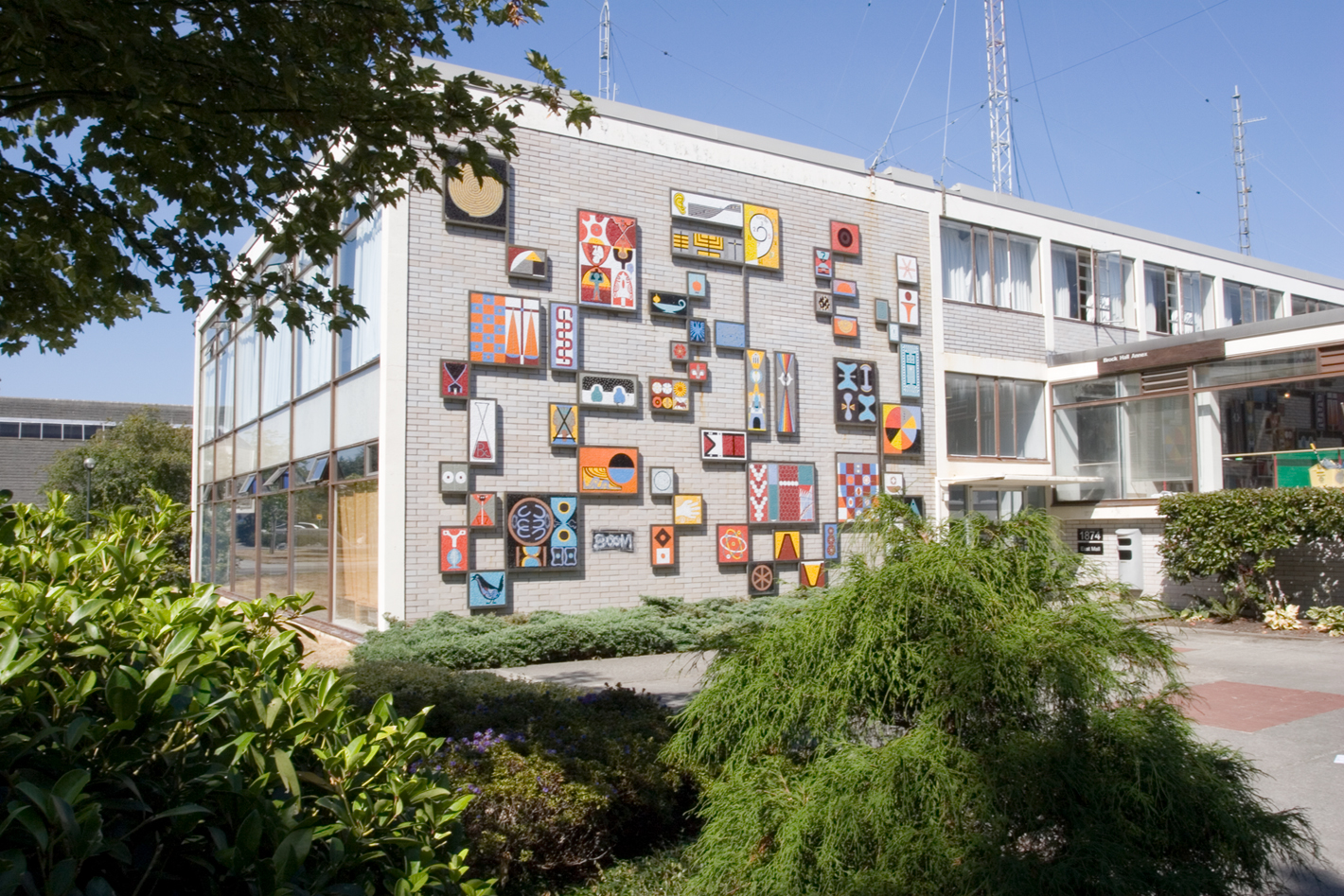By Timmy Wong and Mary Leong
CASS Communications Assistants Mary Leong (Political Science) and Timmy Wong (Psychology and Human Geography) talk about their experiences as Arts Co-op students.
Mary: Hi, we’re Mary and Timmy, and we are the current CASS Communications Assistants. CASS is an online hub for undergraduate students providing information on advising, degree requirements, opportunities for students, and more.
Timmy: As Communications Assistants, our job is basically to highlight some of these opportunities that are available in different units, such as Arts Co-op, Career Services, Student Development, and many others, and communicate them in interesting ways to students.
Mary: We also like to highlight students’ achievements, and showcase what students and alumni are doing with their degrees as profiles on the CASS website.
Timmy: Let’s start on the questions, shall we?
Mary: Sure. Timmy, how did you end up as a co-op student?
Timmy: Well, I ended up in co-op at the start of my second year. I wasn’t too sure about what I wanted to do after graduation, and I stumbled upon Arts Co-op through a friend that also applied for the program. She told me about it, and from there I visited the Co-op office, asked some questions, applied, went through the interviews, and got accepted into the program.
Timmy: How about you, Mary?
Mary: Well, I was in my second year as well, and I had a vague idea of what I wanted to do. I thought I wanted to work in government, and I thought co-op would be a good place to look. At that point one of my friends was applying as well, so we decided to apply together and I got in, and found my first co-op job quite soon after.
Timmy: What did you do in your first co-op term?
Mary: My first co-op term was during the summer of 2010. I had the opportunity to move up to Grande Prairie in Northern Alberta, five hours north of Edmonton, and it was quite a big change. I was working as a Youth Services Officer in a Service Canada Centre for Youth (SCCY). I worked with youth aged 15 to 30, and helped them find jobs, helped them with their resumes, and I got to learn many interesting things about the demographics and job market in Northern Alberta.
Timmy: As for me, my first co-op work term was at the Burns Bog Conservation Society in Delta. I was the Marketing and Outreach Assistant. One of my main tasks that term was to go to farmer’s markets and community events, set up promotional booths and let people know about the Society, where Burns Bog is, and how the ecosystem of Burns Bog affects everyday life.
Mary: Have you done any other co-op terms aside from the one at Burns Bog?
Timmy: Yes, I have! I was a Programs Assistant at Volunteer Richmond, which I found to be very informative. One of my main assignments there was to assist the Communications department in writing featured articles, creating ads for newspapers, and start up a social media presence via Facebook and Twitter.
Timmy: What were some really great things you got to do on your co-op terms?
Mary: During my first co-op term, the Service Canada Centres for Youth (SCCY) were looking to use social media to engage more with the youth we were serving, especially since there were a lot of youth who lived in rural areas who were unable to come out to an actual SCCY office. It was really exciting to be able to be part of the SCCY social media pilot project. We did created collaborative YouTube videos with Youth Services Officers all across Canada, and it was really interesting to see how other Youth Services Officers were doing their jobs the tools they were using, and being able to share our experiences.
Timmy: A follow-up question to that, how did it feel to be living in a smaller community like Grande Prairie and doing your co-op there?
Mary: It was definitely a big transition to begin with. Grande Prairie has a community of 50,000, which is the smallest community I’ve ever lived in. It was quite the experience – I was a little disconcerted at first, and I didn’t have a car so it was hard to get around. So I tried to find a place where grocery stores and work were within walking distance. I lived at the residences at the local college, so I met people there. Interestingly enough, they had quite a vibrant media scene. There were a few web development companies, several big-name photographers, and I met people working in communications and radio broadcasting, so there were some really great networking opportunities.
Mary: What were some of the really interesting things you got to do during your co-op term?
Timmy: In my first work term at Burns Bog, I was going out into different communities across the Lower Mainland and talking to the residents there. I would target my message differently for each community. For example, residents on the North Shore might perceive Burns Bog a little differently from residents in Delta and Surrey, who are neighbours to the bog itself. Being able to challenge myself to think of new and interesting ways to explain the bog to residents across the Lower Mainland was really interesting.
During my work term with Volunteer Richmond, I started up their social media presence. This was really interesting for me because it was the first time I was using social media professionally for an organization.
Mary: So what were some of the challenges you found in your various work terms?
Timmy: One challenge I found was in the transition from school to work. When you’re at work the mindset is a lot different from when you’re in school. For example, at school, you set your own bar for how well you want to do; at work, it’s a bit different, in the sense that while you are still responsible for your own work, your manager and organization have expectations for your success.
Mary: One of my bigger challenges was being able to adjust to a smaller community and being able to adjust my work for a smaller community. So for example, what they teach you about job-searching in Vancouver or a bigger metropolitan city may not necessarily apply to my experience in Northern Alberta. So learning how to think from their perspective and learning more about their job market was one of my bigger challenges.
Timmy: Why do you think co-op is a valuable program?
Mary: I think co-op is really valuable because there’s something for everyone. If you know what you want to do in the future, you can apply for jobs in that career field and gain more experience. If you don’t know what you want to do, co-op lets you explore a ton of different opportunities. Like you, Timmy – you worked at Burns Bog, Volunteer Richmond, and here at CASS. It really lets you try out a ton of different options. So that’s the most valuable part of co-op – building that base of experience.
Mary: Timmy, how about you? Would you recommend co-op?
Timmy: I would definitely recommend co-op to students thinking about it. Co-op is a smorgasbord of opportunities for students. I didn’t really know what I wanted to do after graduation. After my first co-op term, I thought I was set on marketing. But as I went along into my other co-op terms, I found that I was much more passionate about writing and communications. So my focus switched over to communications and I began looking for co-op positions in communications. That’s how I ended up here at CASS. So I would recommend co-op because of the opportunities in the program.
Mary: What were some really interesting job postings you’ve discovered through co-op?
Timmy: One interesting job I saw was working with the Vancouver Canucks. I’m a big fan, and there are only a few opportunities to work with the team. The job posting was for a marketing and communications intern, and required us to write featured articles for the website, attend to social media tools, among others. As a Canucks fan, it was very exciting for me to apply for the position, even if I didn’t get it in the end, it was still fascinating to think that I could have worked with the Canucks.
Timmy: How about you, Mary?
Mary: I think one of the coolest job postings I’ve seen is for the position of technical writer at Twitter. I’m a huge social media and tech geek, so I was very tempted to apply for that job. It was for a technical writing position focusing on the back-end of Twitter – programming and writing scripts – so I don’t really have the expertise for that. But it was just really cool knowing that there was that opportunity for students who do have experience in that area.
Timmy: I think that just shows the range of positions there are for co-op students ranging from design and communications like ours to back-end writing code for various websites.
Mary: Students are sometimes hesitant about joining co-op. Did you have any worries when you first started here?
Timmy: One of my worries when I was applying for co-op was the amount of time I would be spending at university. I was told that with the co-op program it would be an extra year or two before I could graduate, and I was sort of hesitant at that point. I went into UBC directly from high school without taking a break, and I just wanted to get out of school as soon as I can to get into the real world. I realized that a lot of students graduate from university without any job experience. If I were going to be one of those people who were going to be graduating in four years, I would have a much harder time finding a job. So I joined co-op to gain experience working while I was a student.
Mary: For me, my biggest worry was that I wouldn’t be able to find a job for the work term that I was going to be doing. Like Timmy said, a lot of students don’t have a lot of relevant job experience in university. Up till I joined co-op, I worked in mostly service industry jobs so I was pretty worried that I wouldn’t be able to find a position starting out. So I applied to a ton of jobs, went to a lot of interviews – some more successful than others – and was willing to relocate and eventually landed my first co-op placement shortly after. Be persistent – it does get a little easier after your first placement.
Timmy: What do you plan on doing after graduation?
Mary: After finishing my Political Science degree, I may pursue a Master’s in Media Studies or Communications. In the future, I would love to do social media and communications work for a non-profit such as Amnesty International. So I’m glad I’m getting tons of relevant experience from co-op.
Mary: How about you, Timmy? What will you be doing?
Timmy: For me, I’ll be graduating in May 2012 from Psychology and Geography, so I’d like to take a break for a month or two and then become a generalist in communications working for a non-profit organization. I’m not too sure where and which organization, but hopefully one that will continually challenge me and help me grow my skill set.


